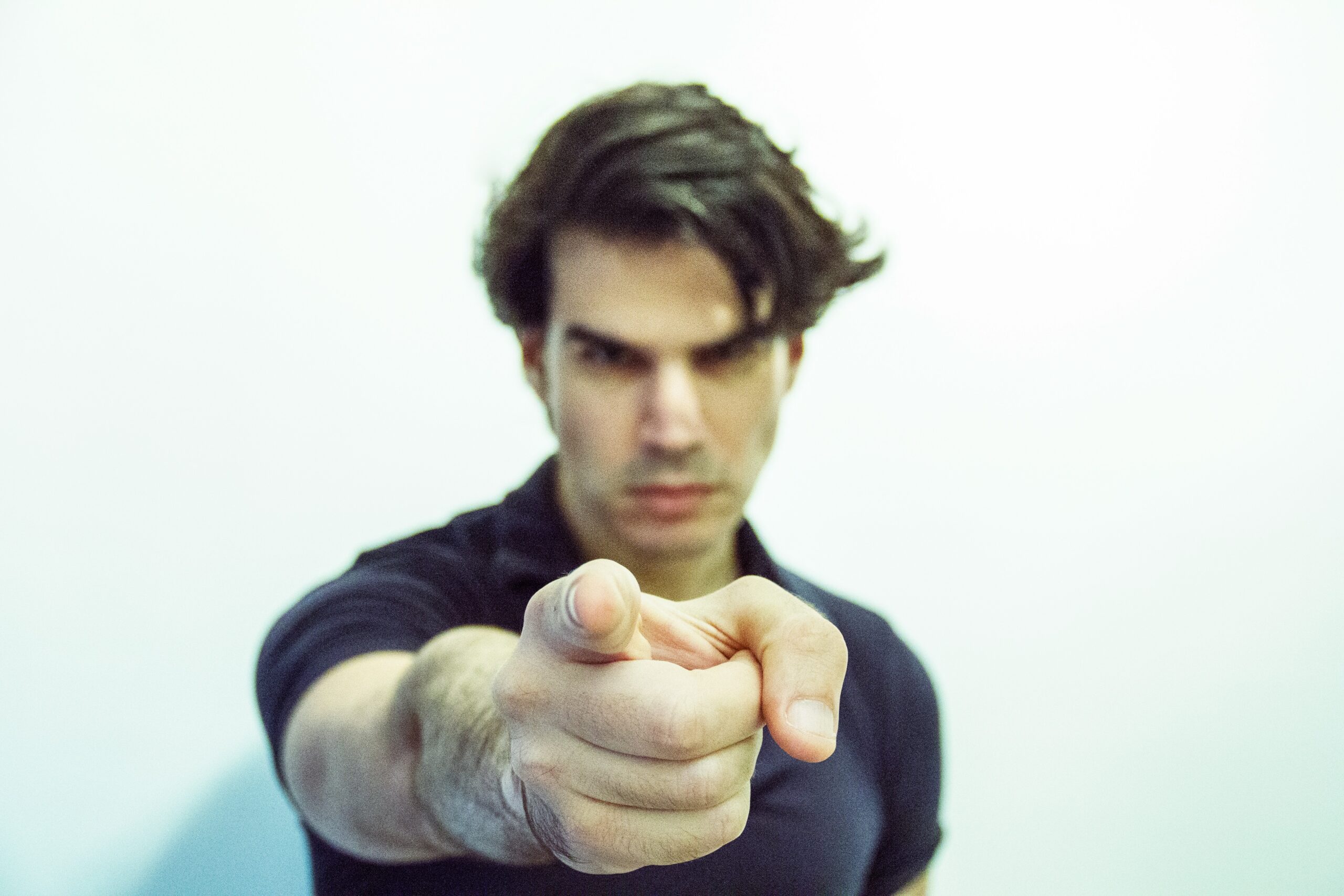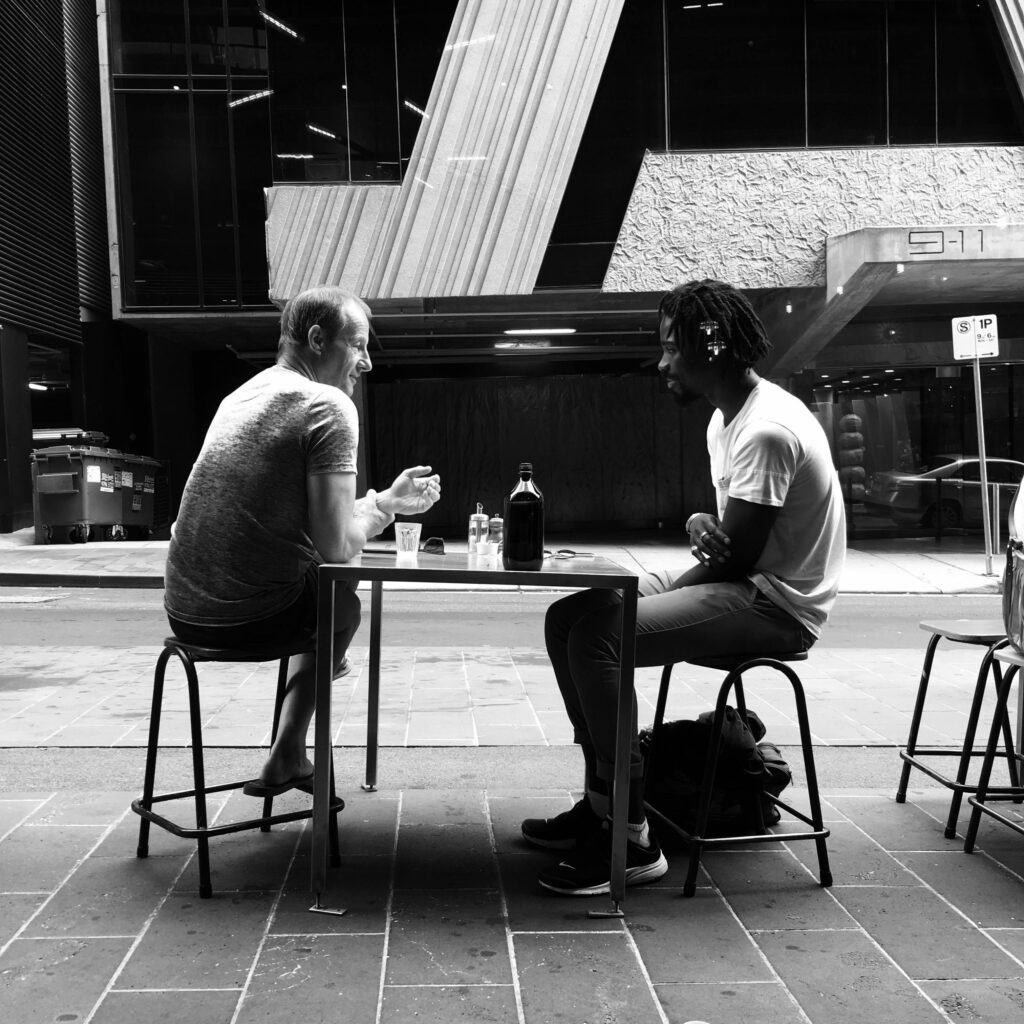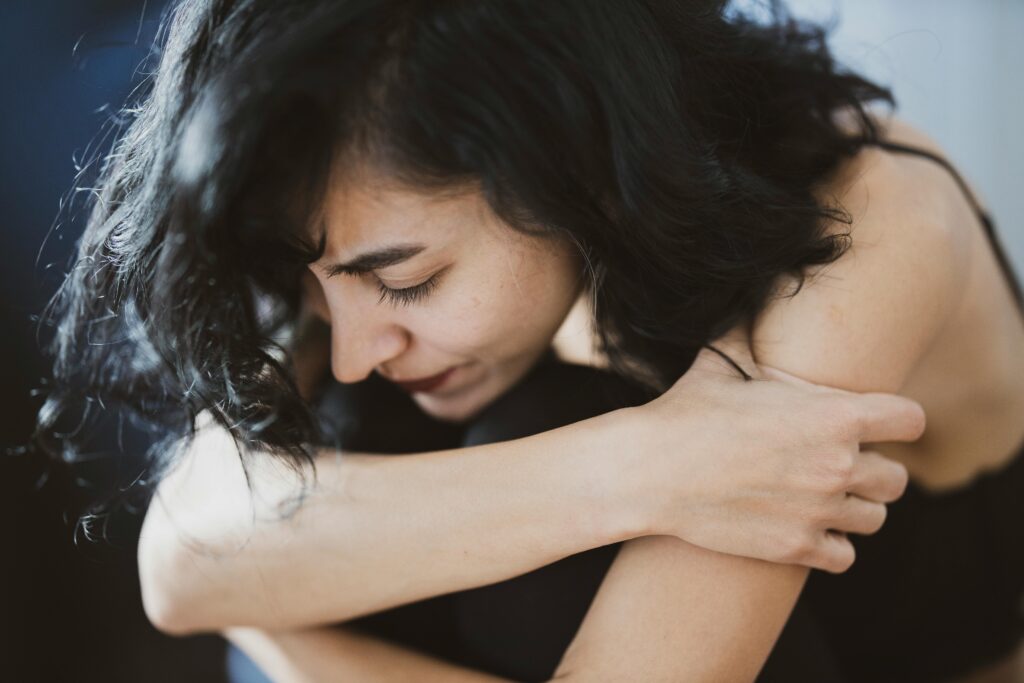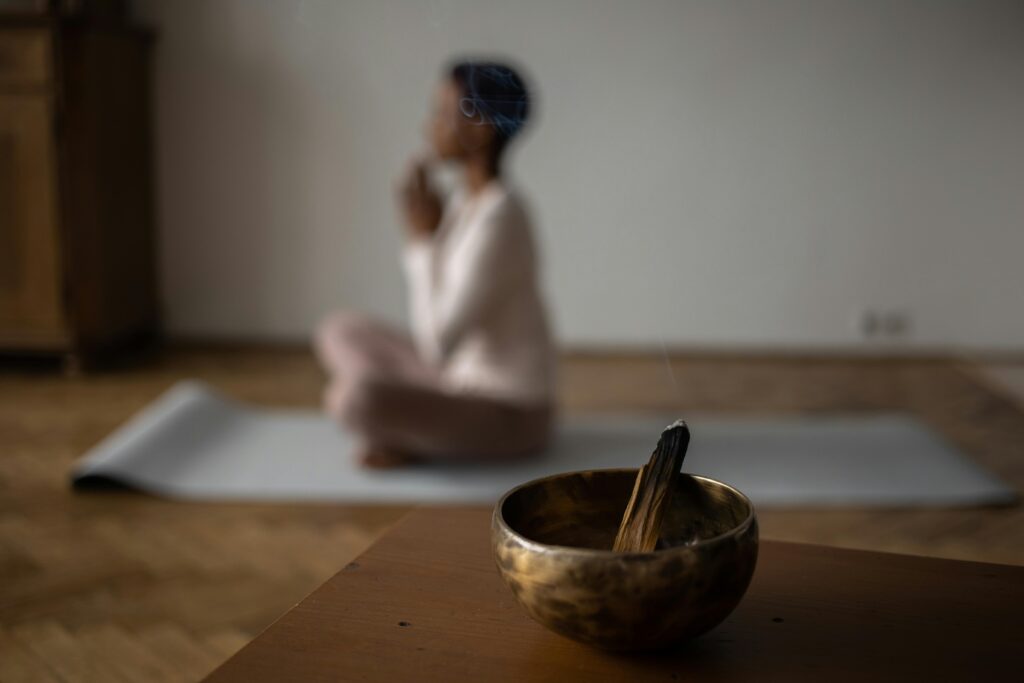What do we do when someone who is sick decides to hide her diagnosis from everyone around her?
When my friend was diagnosed with a late stage of a rare cancer, we all noticed her behavior changed. She changed from a social butterfly to an isolated individual from her closest friends and loved ones. Not only did her new behavior make things more challenging for herself by leaving her with little support, but it also denied her family members—who had become her caregivers—the support they needed.
Most of the time, she was in good spirits and acted as if life was normal. However, on bad days, pain and fatigue drained her energy. She is an intelligent person with more knowledge about the medical field than the average person. She had always followed a healthy diet, exercised regularly, and supplemented her body with herbs and a holistic lifestyle. She was probably more shocked than anyone by her diagnosis! Why was she hiding her experience from others? What was going through her mind?
This behavior continued for months after her diagnosis. No one could call or visit her. She refused all contact. Only her primary caregivers were allowed to help her with treatments and doctor appointments.
Caring for a loved one who is sick is not an easy task. It comes with a flood of emotions and guilt. Watching her deteriorate took a toll on her children. They decided to share her diagnosis with close family members, such as cousins and aunts/uncles, under the condition that no one contact her directly. Instead, they would receive updates about her progress to ease their worry and sadness.
This act of sharing provided much-needed support for her children. Even if it was just phone calls, they felt loved and cared for. They began having honest conversations with their mom. Without overwhelming her with the prognosis, they expressed their concerns about how the disease was progressing despite treatments. They spent quality time with her, showing their true love and care.
Weeks later, my friend found the courage to call some of her best friends. She talked for hours, explaining her situation in the positive light she chose to see. She later told her daughters that talking about her illness helped her return to reality and confront the harsh truth. She had created a bubble for herself to stay calm and collected. The thought of dying scared her. She knew she might not beat this monster, but she was trying to live as normally as possible by continuing her routine.
We can all judge her behavior endlessly. But the fact remains: it is her right to choose how she wants to cope with her disease. This is a journey that no one can walk for her, and she knows it. A journey where she rethinks every experience, questions her lifestyle, feels guilt for roads not taken, and seeks forgiveness. She is going through so much on her own; who are we to expect more from her? Why can’t we let her be in these final moments of her life? Most likely, her worries are far greater than whether others know about her diagnosis.
Let’s give her the space and respect she deserves. She has already lost her independence and privacy. What more could we demand of her?
Let’s show her love and compassion by abiding by her rules. Maybe ask her: What can we do to ease her burden on this journey? If she doesn’t seek companionship, what else might bring her joy?
The next time you hear about someone’s diagnosis, put yourself in their shoes. Ask yourself: If this were me, how would I react?
The next time you hear about someone’s diagnosis, put yourself in their shoes. Ask yourself: If this were me, how would I react?
Namaste,
Shab












